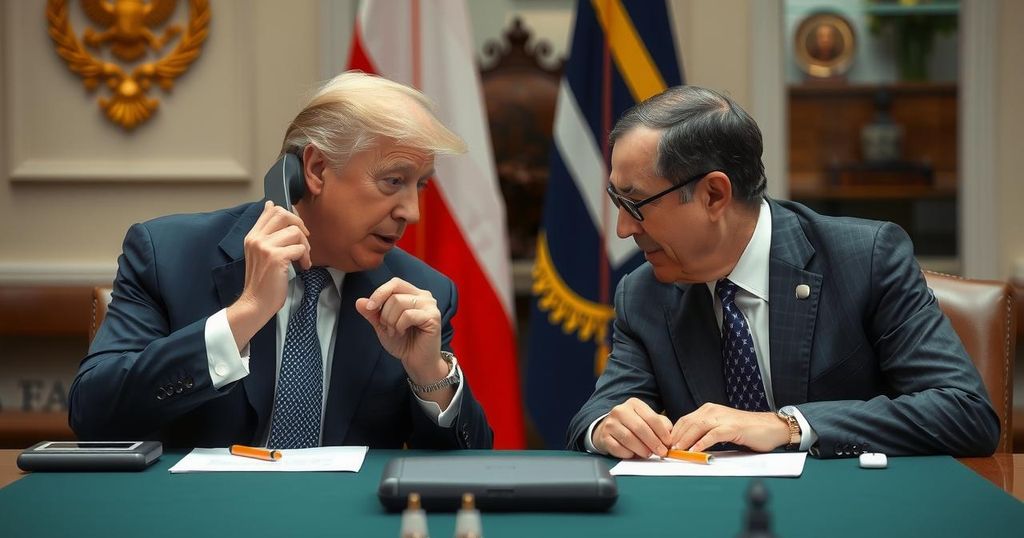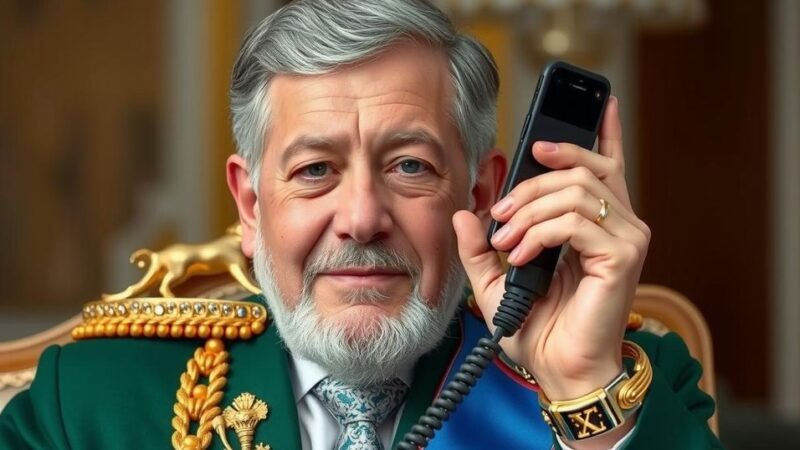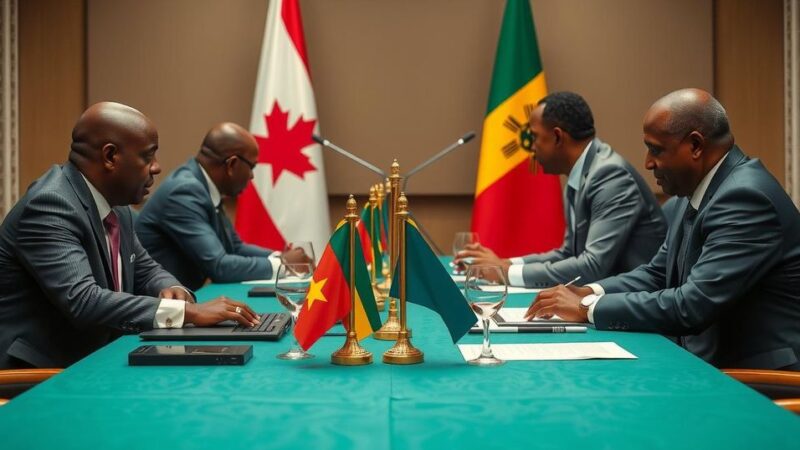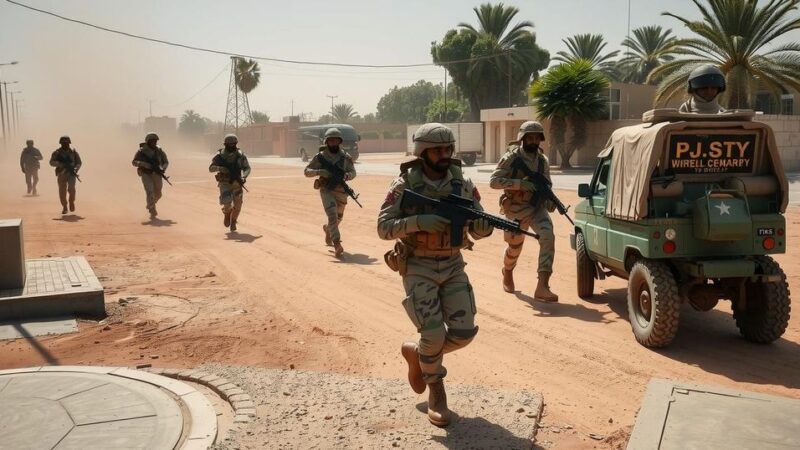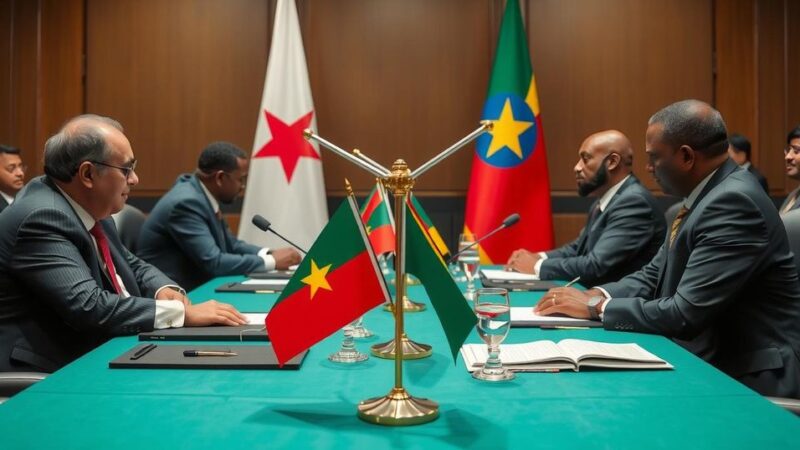General Joseph Aoun was elected Lebanon’s 14th president, ending a two-year political deadlock. His election reflects compromises among political factions amidst Lebanon’s economic crisis and security challenges following a conflict with Israel. Aoun aims to strengthen the military, combat terrorism, and navigate postwar reconstruction, with broad support both at home and internationally. He now faces the pressing challenge of forming a viable government to address the country’s deep-rooted issues.
In a significant development for Lebanon, General Joseph Aoun was elected as the country’s 14th president on Thursday, bringing an end to a power vacuum that lasted over two years. Aoun’s election comes amid Lebanon’s severe political deadlock and economic turmoil, heightened by the destructive impacts of Hezbollah’s prolonged conflict with Israel. His successful candidacy, which garnered 99 parliamentary votes in a decisive session, reflects a critical compromise among competing political factions, marking a new chapter for the nation.
General Aoun, who has previously served as the Commander of the Lebanese Armed Forces since 2017, has been instrumental in overseeing the military’s operations during intense periods of national crisis. His election signifies a notable shift as he assumes the presidency from Michel Aoun, whose term ended in October 2022. In his inaugural address, he prioritized reinforcing the military’s capability to secure Lebanon’s borders, combating terrorism, and healing the divisions exacerbated by years of conflict.
By maintaining a neutral stance during Hezbollah’s war with Israel, Aoun gathered broad support both domestically and internationally, positioning himself as a unifying figure amid Lebanon’s diverse and fragmented political landscape. His leadership has been praised for its commitment to restoring stability and addressing corruption within the military. Aoun’s election also received widespread regional and international commendation, signaling hopes for potential reforms and improved governance in Lebanon.
Several prominent leaders, including Saudi Arabia’s King Salman, U.S. President Joe Biden, and French President Emmanuel Macron, expressed optimism regarding Aoun’s new role, viewing it as an opportunity for Lebanon to reclaim sovereignty and initiate necessary reforms. The seeking of collaborative consensus among various political blocs and regional actors illustrates a significant step toward overcoming Lebanon’s longstanding challenges.
Aoun now faces the pressing task of establishing a coalition government capable of implementing reforms highlighted by international creditors, ultimately striving for the nation’s recovery from an economic crisis described as one of the worst in modern history. The effectiveness of Aoun’s administration will depend on fostering unity within Lebanon’s political factions and addressing the urgent needs of the Lebanese populace.
General Joseph Aoun’s election serves as a potential turning point in Lebanese politics after a prolonged period of instability characterized by failed attempts at electing a new president. The country has been grappling with economic and political crises, partly exacerbated by external conflicts, notably the war involving Hezbollah and Israel. Aoun’s military background and his reputation for neutrality during sectarian clashes position him uniquely to restore order and confidence in the armed forces, making him a consensus candidate amidst significant pressures.
In conclusion, General Joseph Aoun’s election as president of Lebanon represents a critical juncture for the nation, providing hope for renewed stability and progress amidst years of strife. His ability to navigate the complex political landscape and implement necessary reforms will be essential in addressing Lebanon’s dire economic situation. The international community’s backing further enhances expectations for a successful tenure, as the country embarks on a path toward recovery and sustained governance.
Original Source: www.arabnews.com

